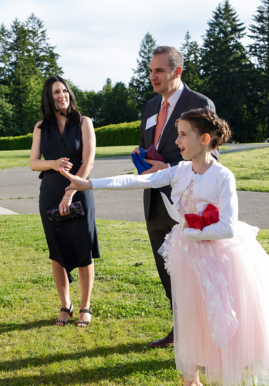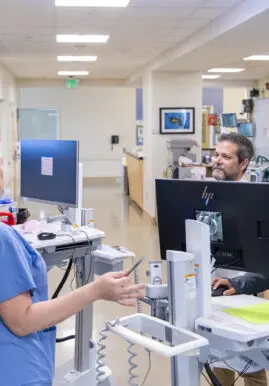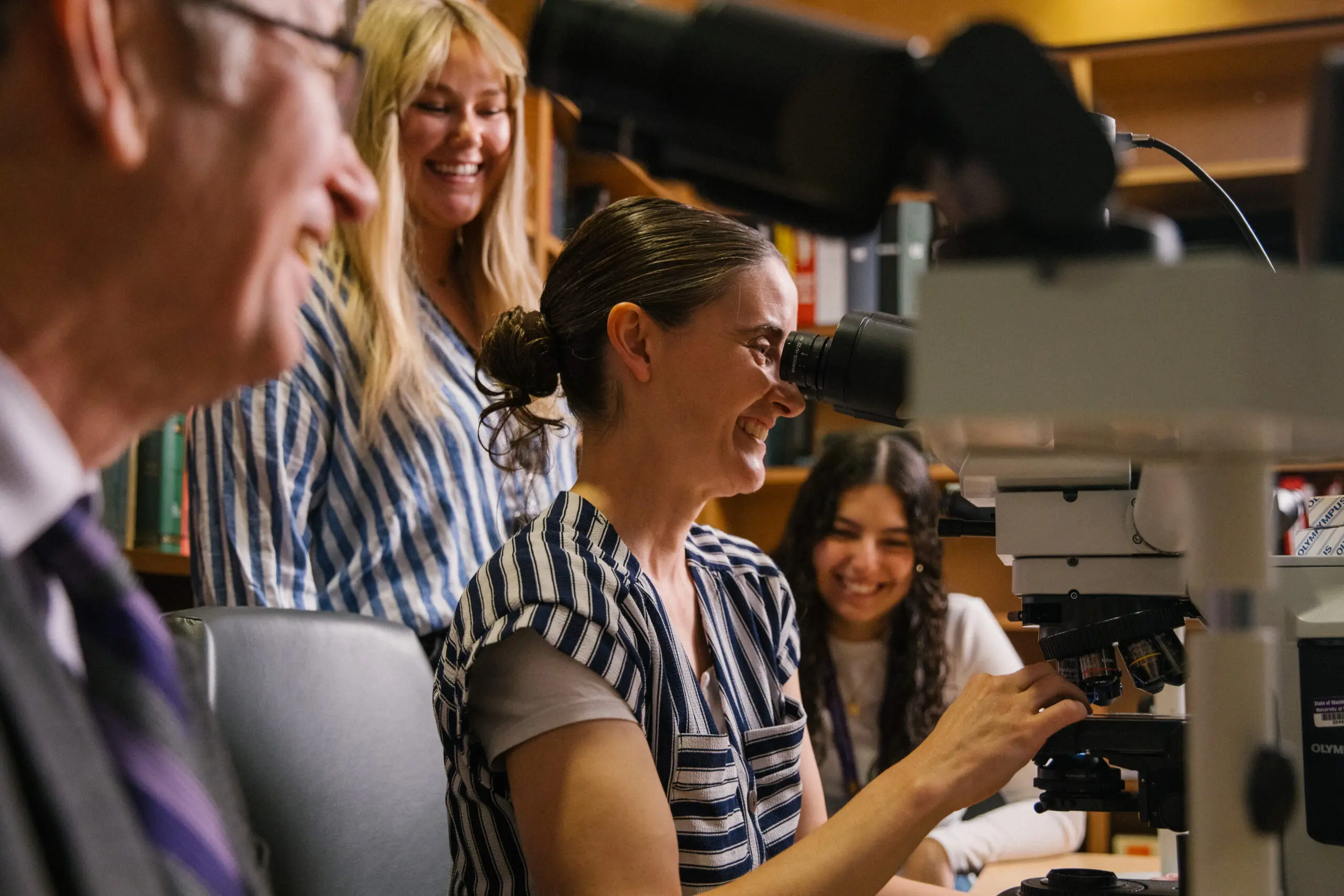People rightfully have high confidence that one pill taken from a medicine bottle will have the same composition and effect as any other pill in the bottle. In choosing a psychotherapist, though, such confidence would be misplaced, said David Atkins, a University of Washington research professor of psychiatry and behavioral science.
As is the case with other professions, licenses and certifications proclaim practitioners’ competence, but skill sets vary greatly, he said.
“Being able to assess the quality of psychotherapy is critical to ensuring that patients receive quality treatment, “but right now we’re limited in this regard because we rely on human judgment for assessment.”
Way beyond Siri
Atkins and a small team of scientists in California and Utah have developed software that recognizes words and vocal qualities. The vocal data is run through algorithms to infer, for instance, whether a counseling session was empathic.
The first findings of automated evaluation of psychotherapy were published today in PLOS ONE.
What does empathy sound like? It’s way beyond what Siri could tell you on the iPhone. Think Hal 9000 from “2001: A Space Odyssey.”
“Technology can provide a faster, less expensive feedback mechanism to help counselors learn and retain their skills,” Atkins said.
The current approach to evaluating budding psychiatrists and psychologists is decades-old: Counseling sessions are recorded on audio or video. People (called “coders” or “raters”) who have been trained to interpret these sessions listen to them afterward and, as objectively as they can, analyze the therapist’s effectiveness.
The approach’s shortfalls are evident.
“It takes a ton of time, not only to find and train coders but then they also have to watch or listen to a session and analyze it in such a way that we can tell that Coder No. 1 and Coder No. 2, if they watch the exact same session, would reach the same conclusion,” Atkins said. “There’s lots of evidence that’s not always the case.”
The prospective solution (see model in downloadable PDF) capitalizes on speech signal-processing models from the Signal Analysis and Interpretation Lab at the University of Southern California.
“Advances in human behavioral signal-processing promise not only cost-savings by automating a process typically done manually, they also enable new insights. The case of modeling empathy is a clear example,” said Shrikanth Narayanan, the lab’s director and a USC professor of engineering.
Zac Imel, assistant professor of counseling psychology at the University of Utah, noted: “We have effective treatments, but no practical way to evaluate counseling quality in the real world. This technology offers one way to give providers immediate feedback on what they are doing.”
The team’s ultimate goal: software that records and generates real-time feedback during a therapy session. For instance, a red light might indicate the therapist is getting confrontational, or a blue light, tracking well with the client.
“We’re trying to get at what’s happening in the session. If we could tease out that information, we should be able to identify with much greater specificity the things counselors do that are effective.”
The research is funded by the National Institute on Drug Abuse and the National Institute on Alcohol Abuse and Alcoholism – because the team is focusing on two psychotherapies that involve addiction treatment, Atkins added.





